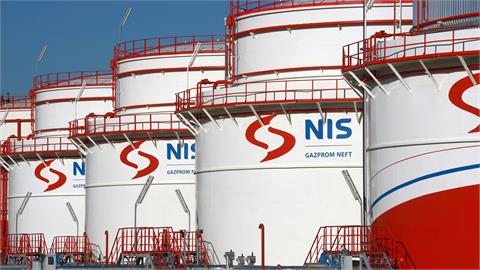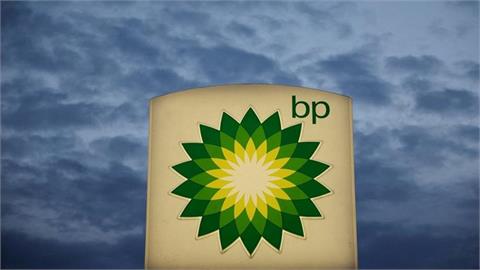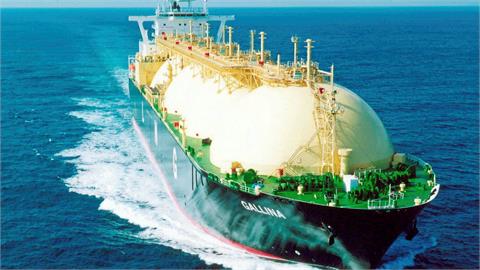The executive director of the International Energy Agency (IEA), Fatih Birol, expressed hope on Friday that the G20 energy ministers would help restore some much-needed stability to oil markets.
"Following the welcome step announced overnight by some producer countries, I am looking forwards to today's extraordinary meeting of G20 energy ministers," Birol said in a statement.
Birol said oil market volatility is "detrimental to the global economy at a time when we can least afford it."
Hailing Saudi Arabia for its suggestion to hold an extraordinary G20 meeting, Birol also said the willingness of G20 countries to gather around the virtual table was "sending the world a sign of hope and solidarity in these exceptionally difficult times."
"It is heartening to see countries representing more than 70% of global oil production and 80% of global oil consumption coming together for a constructive dialogue, " he added.
Birol said the current oil crisis is a systemic shock that threatens global economic and financial stability, stressing the extraordinary situation needs a global answer.
"This is why the G20 can be an indispensable forum for decisive leadership when it is urgently required."
The energy ministers of the world's 20 biggest economies, G20, will hold a meeting on Friday at 15:00 Moscow time after OPEC and its allies agreed earlier in the same day to lower their collective crude oil production by 10 million barrels per day (bpd) until the end of the second quarter of 2020.
Saudi Arabia-led OPEC and Russia-led non-OPEC oil producing nations started their 9th (Extraordinary) OPEC and non-OPEC ministerial meeting via webinar on Thursday at 1445 GMT. OPEC released a statement on its Twitter account around 0330 GMT on Friday.
The group dubbed as OPEC+ will lower its crude oil production by 10 million bpd, starting from May 1 until June 30 this year for a two month period, according to the statement.
For the following six months, from July 1 to Dec. 31, the output cut will ease to 8 million bpd. This will be adjusted to a 6 million bpd of cut for 16 months, from Jan. 1, 2021 to April 30, 2022.
The baseline for the oil production cuts will be the oil output levels of OPEC+ members in October 2018. However, heavyweights Saudi Arabia and Russia will apply the cuts based on their output of 11 million bpd.
While the current agreement will be valid until April 30, 2022, its extension will be reviewed in December 2021.
OPEC+ members will meet on June 10 this year via webinar to determine whether any other action will be needed to balance the oil market.
- Oil prices remain weak
The output cut of 10 million bpd, which is much lower than the market expectation of 15-20 million bpd, sustained weak oil prices.
International benchmark Brent crude climbed as high as $33.87 per barrel during the OPEC+ meeting on Thursday to end the day at $32.84 a barrel. However, it was down to $31.82 per barrel at 0500 GMT with a 3.1% decline.
American benchmark West Texas Intermediate (WTI) climbed as much as $26.45 a barrel during Thursday's trading to close at $25.09 per barrel, but it fell to $23.21 a barrel at the same time with a 7.5% loss.
OPEC+ members failed to agree on March 6 in Austria capital Vienna to reach a production cut deal to support oil prices against the negative impact of coronavirus (Covid-19).
With weak global oil demand and the rising glut of supply around the world, oil prices on March 30 hit their lowest level since 2002.
(Anadolu Agency, April 10, 2020)



